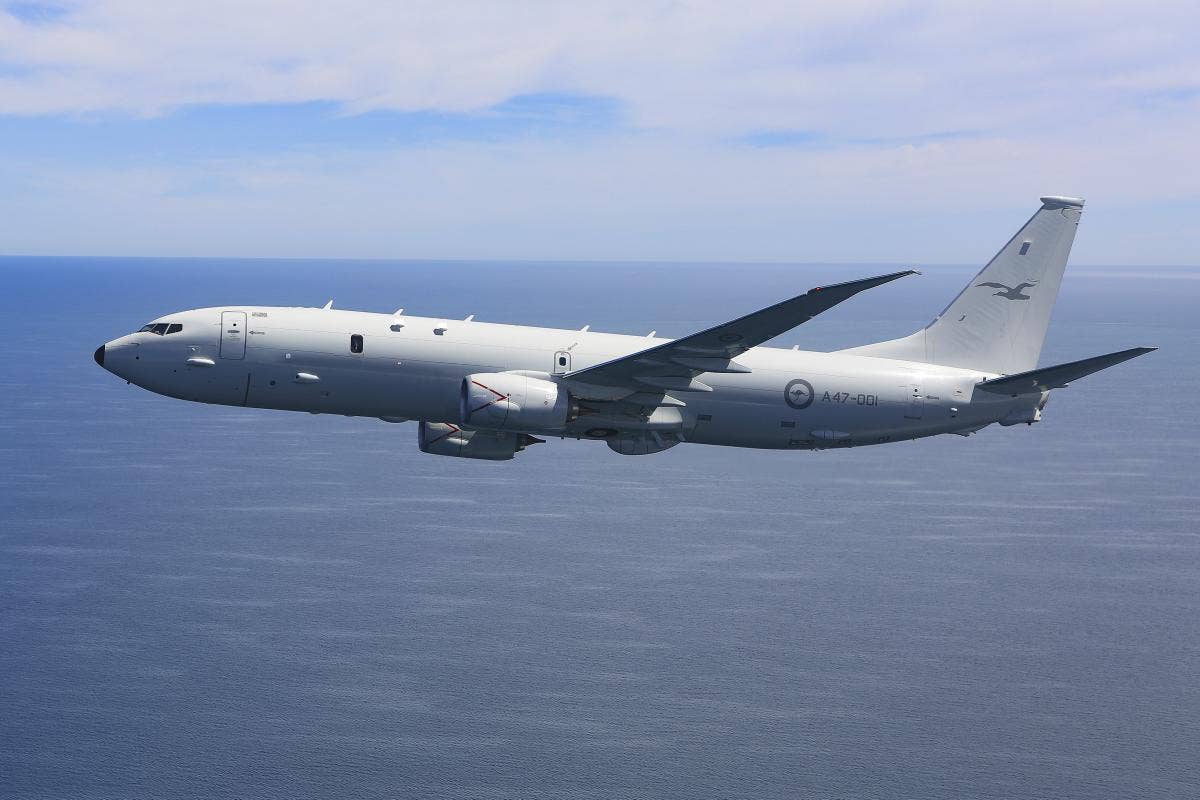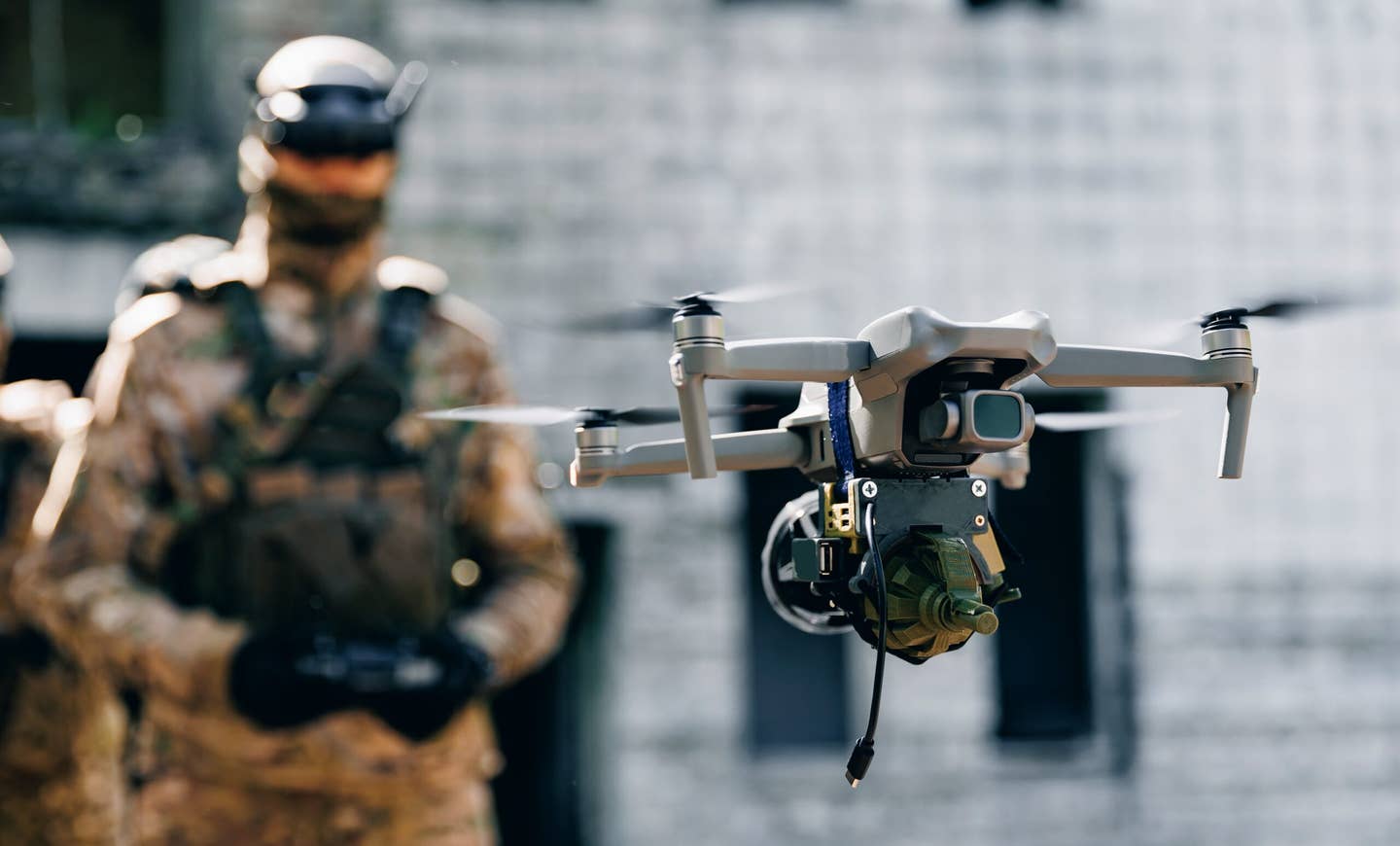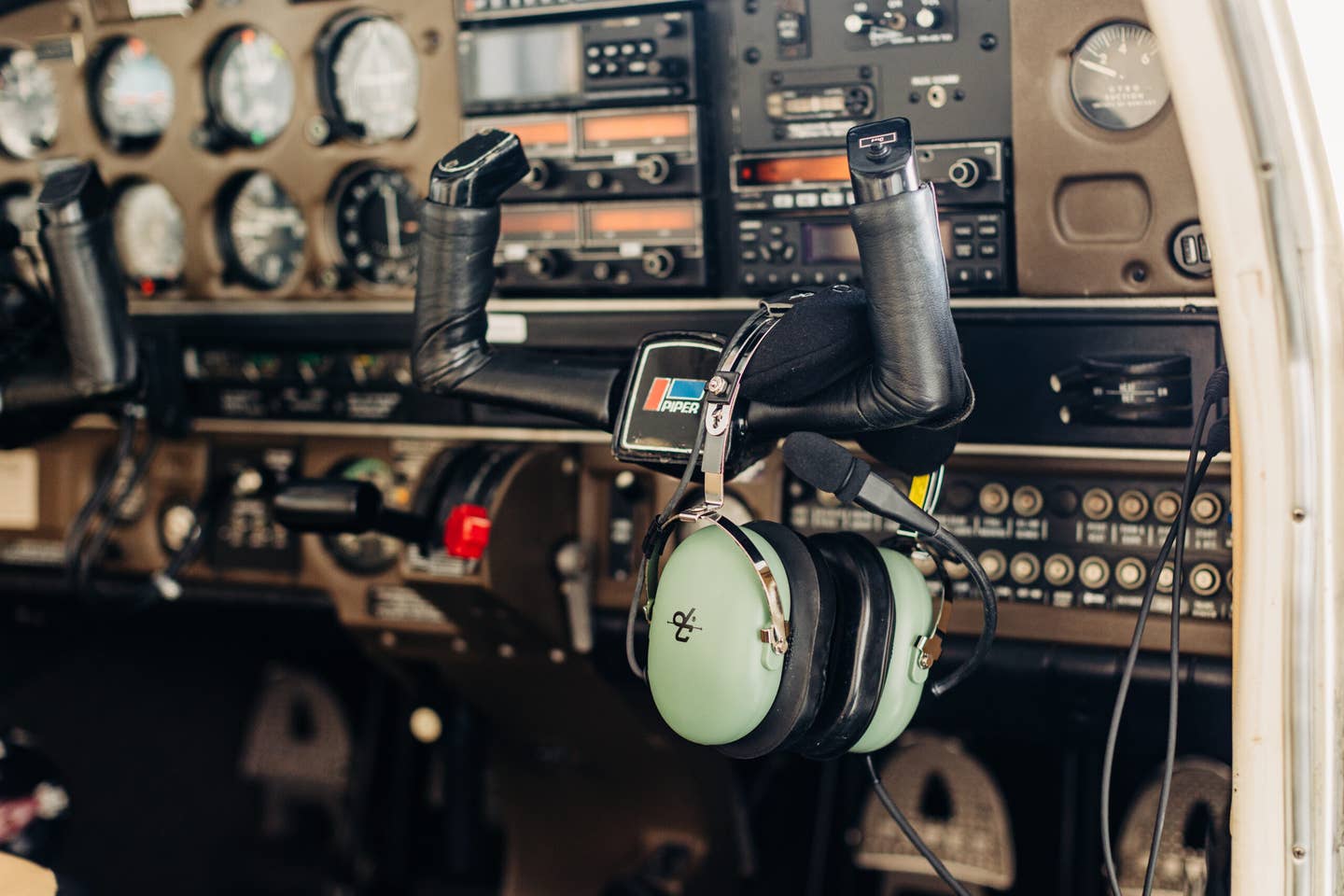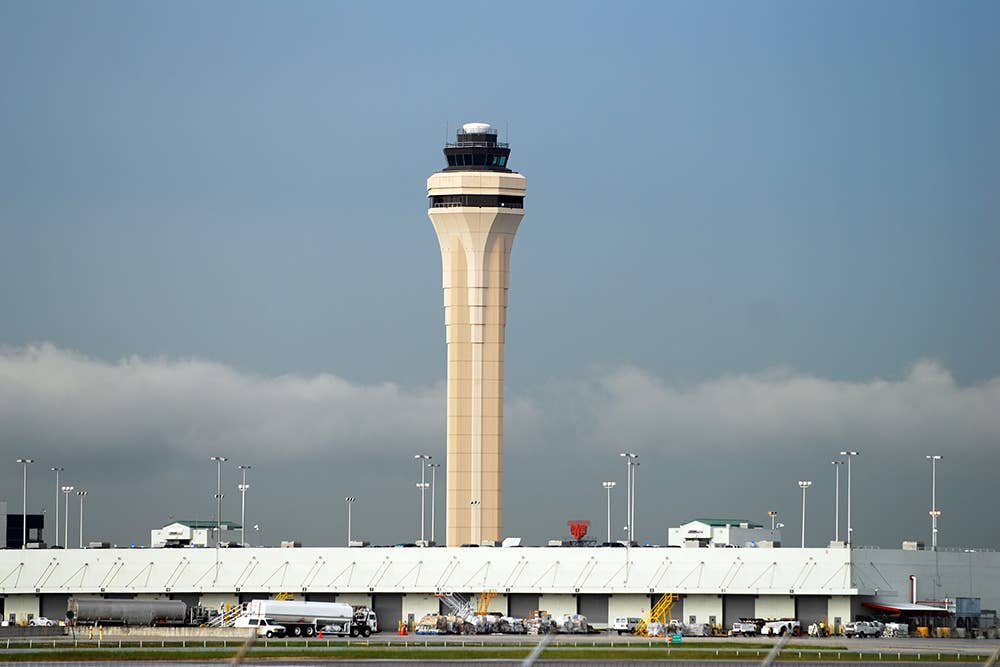Chinese Fighter Accused of Intercepting, Releasing Debris Into Australian P-8’s Engines
A Chinese fighter jet “cut across the nose” of an Australian P-8 surveillance aircraft and released chaff, which was sucked into its engines, according to Australian defense officials.

On May 26, a Chinese jet flew in front of a Royal Australian Air Force P-8 Poseidon, similar to this one, and released a bundle of chaff, according to officials. [Courtesy: Royal Australian Air Force]
A Chinese fighter jeopardized crew safety of a Royal Australian Air Force P-8 Poseidon aircraft late last month when it intercepted the airplane and released debris into its engines while it conducted a routine surveillance flight over the South China Sea, according to Australian defense officials.
News of the incident sparked sharp words and accusations from defense officials in both countries, and comes close on the heels of a separate incident involving Chinese and Canadian military aircraft.
During the May 26 incident, a Chinese J-16 fighter flew in front of the Australian P-8 and released a "bundle of chaff," Australia's Defense Minister Richard Marles said, per a Reuters report. The chaff, which is used as a radar countermeasure, included strips of aluminum and was sucked into the engine.
"The intercept resulted in a dangerous maneuver, which posed a safety threat to the P-8 aircraft and its crew," Australia's Department of Defense said in a statement released Sunday. "Defense has for decades undertaken maritime surveillance activities in the region and does so in accordance with international law, exercising the right to freedom of navigation and overflight in international waters and airspace."
Marles said the J-16 "cut across the nose of the P-8, settling in front of the P-8 at very close distance."
China fired back at the accusation, claiming the Australian aircraft ignored repeated warnings as it was flying near the disputed Paracel Islands, China's defense ministry spokesman, Tan Kefei said, The Guardian reported.
“The Australian military plane seriously threatened China’s sovereignty and security, and the measures taken by the Chinese military were professional, safe, reasonable, and legal,” Tan said.
On Monday, Canada's prime minister, Justin Trudeau, said Chinese military aircraft nearly hit Canadian aircraft deployed in Japan as part of a United Nations effort enforcing sanctions against North Korea. “China’s actions are irresponsible and provocative in this case, and we will continue to register strongly that they are putting people at risk,” he said at a press conference.
According to Canadian defense officials, Royal Canadian Air Force (RCAF) aircraft were forced to abruptly change their flight paths because of the aircraft interception, and this represents a concern that is increasing in frequency.
"In these interactions, [People’s Liberation Army Air Force] aircraft did not adhere to international air safety norms," Canadian Armed Forces said in a statement. "These interactions are unprofessional and/or put the safety of our RCAF personnel at risk. In some instances, the RCAF aircrew felt sufficiently at risk that they had to quickly modify their own flight path in order to increase separation and avoid a potential collision with the intercepting aircraft."
Chinese officials responded by accusing Canada of "spreading disinformation" and conducting "enemy reconnaissance of China," The Guardian reported.

Sign-up for newsletters & special offers!
Get the latest FLYING stories & special offers delivered directly to your inbox






